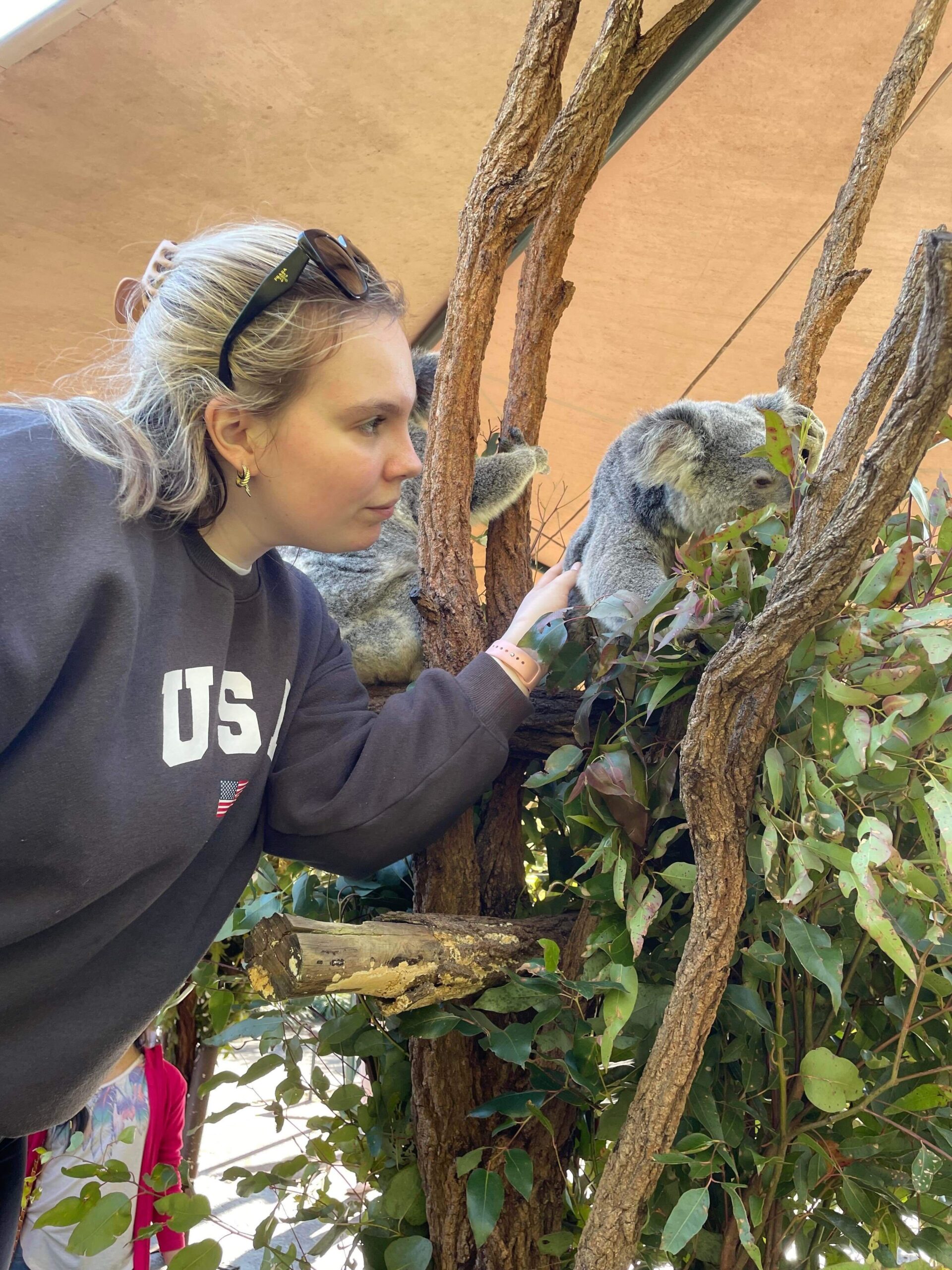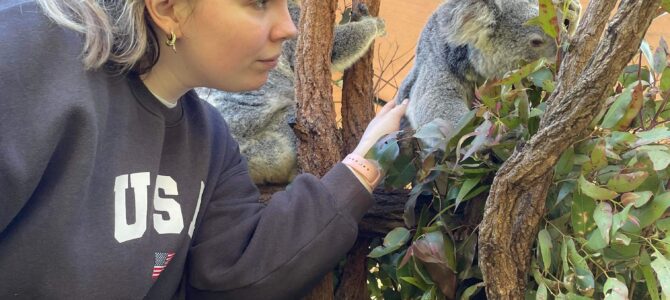by Lucy Ockert (2022 Honours Student)
Are you thinking about enrolling in a Bachelor of Science/Bachelor of Advanced Studies (Taronga Wildlife Conservation) but not sure if it’s the right degree for you? Two years ago, I was in a similar situation. I had originally enrolled in a Bachelor of Science at USYD, majoring in ‘Ecology & Evolutionary Biology’ and ‘Immunology & Pathology’. I always knew that I wanted to pursue science, yet there are so many different fields to choose from, being forced to decide straight after high school after being exposed to a tiny piece of the scientific puzzle. I enrolled in these two majors to give myself the opportunity to learn about two opposing fields of biological science and discover which one I wanted to pursue. While I found all my subjects incredibly interesting, halfway through my degree I realised that I wanted to contribute to conservation science and help remedy the ecological damage caused by humans over the past few centuries. I wanted to transfer into a major which was more focused on conservation than just biology or ecology – that’s when I found out about the Wildlife Conservation major in partnership with the Taronga Conservation Society Australia. Despite being a new degree, only starting the year I first enrolled in University, I knew it was the perfect degree for me. Many of my credit points transferred over from my Ecology & Evolutionary Biology major which was a bonus. I overloaded on subjects in my third year to catch up, and while challenging, it was worth it. The amazing teaching staff and small cohort form a tight-knit community of avid conservationists and creates an amazing environment to learn about all the skills needed to assist in wildlife conservation. We recently went to Taronga Western Plains Zoo for a week to learn about their conservation programs. It was a great opportunity to see first-hand the theories we have been learning about throughout the degree. We also recently completed a unit surrounding the health and welfare of wildlife where we learnt how to conduct diagnostic tests for stress and disease. We also were able to conduct a post-mortem on a (opportunistically collected) kangaroo. I’ve been able to gain a combination of experiences that would not have been possible in another degree and feel very fortunate because of it.
This year I started honours with AWGG, characterising the pouch microbiome of an extremely threatened and iconic species – the Tasmanian devil. I found this degree to be a perfect mix of theory and practice, providing me with the skills to eventually work in a field I am truly passionate about. I hope to continue with research, aiming to start a PhD next year after conducting some conservation volunteering in biodiversity hotspots around the world! If you’re not sure what you want to do but are interested in science and wildlife, I would recommend looking into the degree. Either way, you can always transfer if you change your mind!
Author:

Lucy Ockert (2022 Honours Student) is characterising the pouch microbiome in lactating and non-lactating Tasmanian devils to understand the immunological protection of marsupial pouch young provided by cathelicidins.
